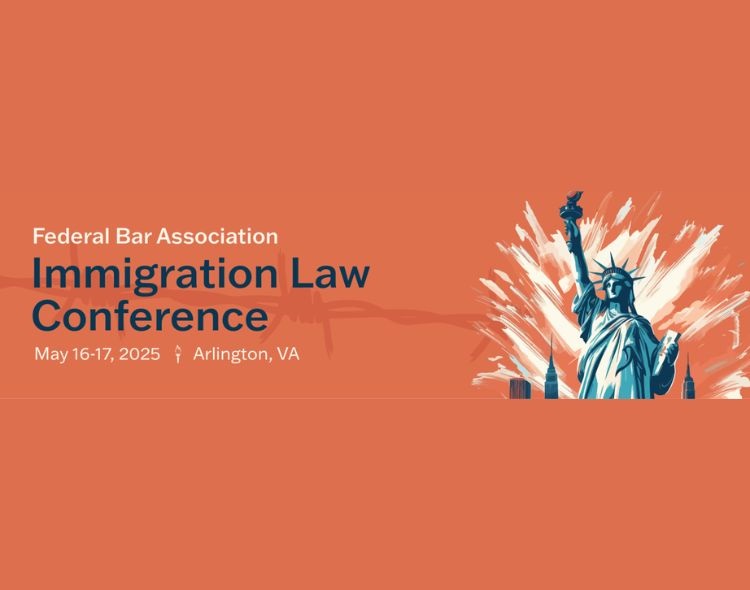Some foreign nationals encounter issues during travel into the U.S. that result in lengthy, and sometimes permanent, bars to future entry. Frequently changing entry practices and policies within the U.S. Citizenship and Immigration Services (USCIS), U.S. Customs and Border Protection (USCBP), and other related agencies, means that many foreigners are faced with barriers at the U.S. border.
Phillips Lytle’s immigration team members are widely recognized by the American Immigration Lawyers Association as experts in a wide range of complex inadmissibility issues for foreign nationals. Specifically, we offer unparalleled border advocacy and counsel for businesses and individuals who face inadmissibility determination for issues including health, national security, fraud and misrepresentation, criminal convictions, lack of labor certification, violations of U.S. immigration laws and many more. We maintain relationships with U.S. agencies such as the Department of Homeland Security, the Department of State, and their agencies including USCIS and CBP, and constantly monitor legislation, regulations and policy to ensure that, to the extent possible, each individual is able to successfully overcome their inadmissibility issues and obtain permission to attend business meetings, reunite with family members or travel to the U.S. for other reasons.


Receive firm communications, legal news and industry alerts delivered to your inbox.
Subscribe Now